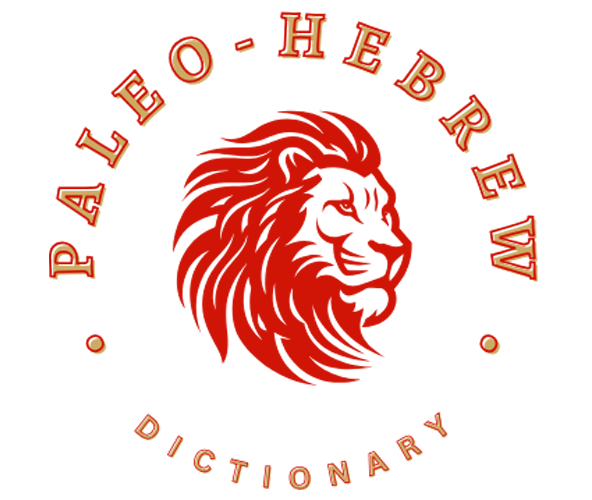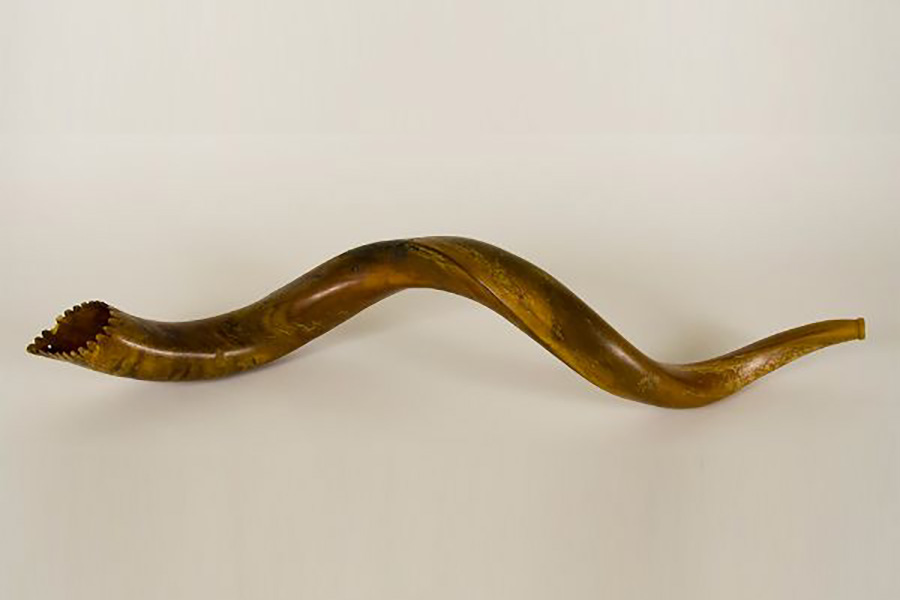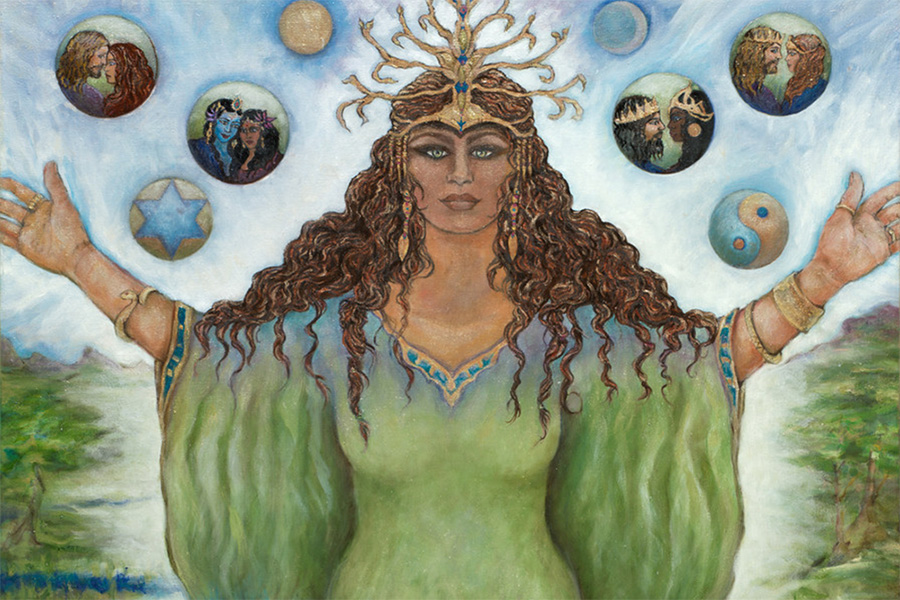The word am (𐤀𐤌) means “mother” meaning a female parent, a mother-in-law, stepmother, or adoptive mother.
The Paleo-Hebrew language or the original language of the Ābarayam is one spoken with an emphasis on the rauakh (breath, wind, spirit). With the language of the Ābarayam, each letter has a meaning and a number associated with it that adds meaning to each word they’re used with. Below you will be able to learn more about the letter in Ancient Hebrew, Yiddish Hebrew, Greek, and much more.
Letter Meanings
| Letter | Meaning |
|---|---|
| 𐤀 (a) – ah | Ox, strength, leader Prefix: Turns word into first-person |
| 𐤌 (m) – ma | water, chaos, mighty, liquid, massive, sea, blemish Suffix: them in feminine form. |
| Ābarayat Number | 41 = 1 (a) + 40 (m) |
| Hebrew Gematria | |
| English Gematria | |
| Simple Gematria |
Based on the meaning of the letters the word could be defined as:
- “strength of multitude”
- “strength of mighty”
- “strength of water”
- “feminine strength”
- “strength of chaos”
- “strength of sea”
Definitions for 𐤀𐤌 / am
| Language | Word | Transliteration | Pronunciation | Definition |
|---|---|---|---|---|
| Ābarayat | 𐤀𐤌 | am | awm | a mother |
| English | mother | mother | muhth-er | a female parent, a mother-in-law, stepmother, or adoptive mother. |
| Hebrew | אֵם | em or im | ame or eem | mother |
| Arabic | أم | ‘um | um | mother |
| Greek | μήτηρ | métér | may’-tare | a mother, mothers |
Images for 𐤀𐤌 / am

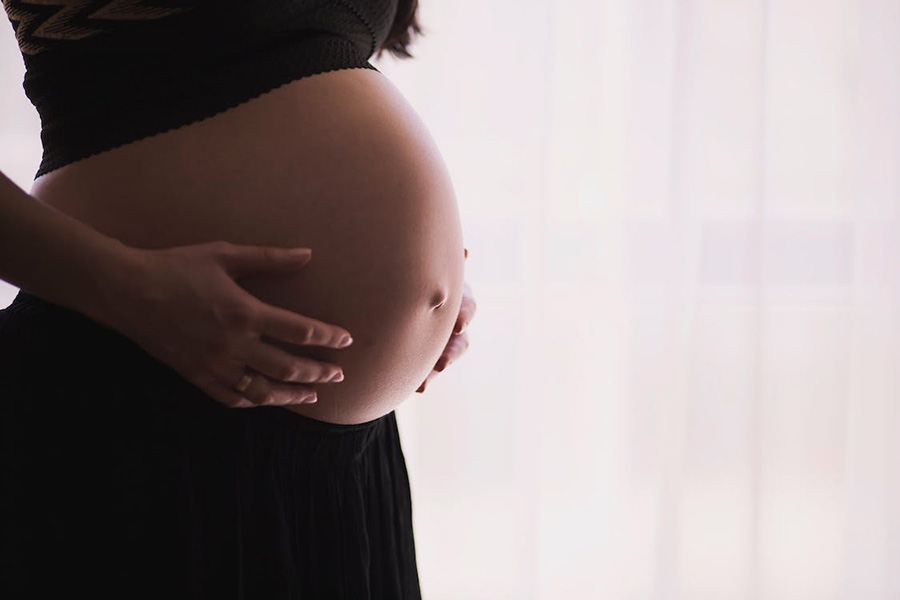
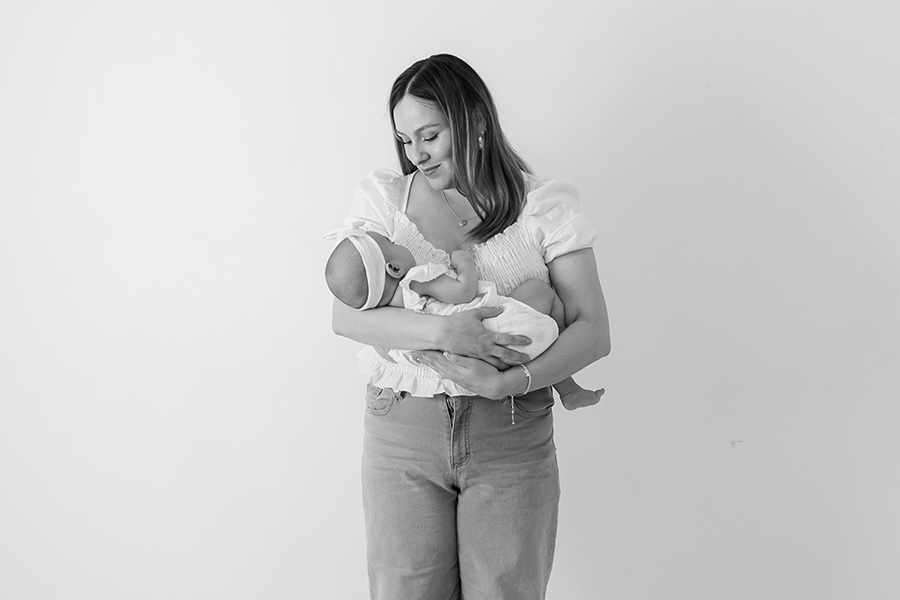

Definitions for 𐤀𐤌𐤉 / amay
When adding the 𐤉 (yad) to the end of a word, it creates a possessive of the original word. It can either signify “my…” or identify a member of a nation. For example, 𐤏𐤁𐤓 (Ābar) is the progenitor, but 𐤏𐤁𐤓𐤉 (Ābaray) is the singular descendant of him also known as a Hebrew.
| Language | Word | Transliteration | Pronunciation | Definition |
|---|---|---|---|---|
| Ābarayat | 𐤀𐤌𐤉 | amay | aw-mey | “my mother” |
| English | motherly | motherly | muhth-er-lee | of, like, or befitting a mother. |
| Hebrew | אֲמי | Ami | aw-mee’ | “my mother” |
| Arabic | أم | ‘um | um | mother |
| Greek | μήτηρ | métér | may’-tare | a mother, mothers |
Images for 𐤀𐤌𐤉 / amay


Definitions for 𐤀𐤌𐤉𐤌 / amayam
When adding the 𐤌 (mayam) after the 𐤉 (yad) to the end of a word, it creates a plural of the original word. It can identify multiple members of a nation. For example, 𐤏𐤁𐤓 (Ābar) is the progenitor, but 𐤏𐤁𐤓𐤉𐤌 (Ābarayam) are the plural descendants of him also known as Hebrews.
| Language | Word | Transliteration | Pronunciation | Definition |
|---|---|---|---|---|
| Ābarayat | 𐤀𐤌𐤉𐤌 | amayam | awma-yawm | mothers |
| English | mothers | mothers | muhth-ers | female parents, mothers-in-law, stepmothers, or adoptive mothers. |
| Hebrew | אֲמיָּם | Amiyyam | am-ee-yawm’ | “mother of (the) sea” |
| Arabic | الأمهات | al’umihat | al-um-ehat | mothers |
| Greek | μήτηρ | métér | may’-tare | a mother, mothers |
Images for 𐤀𐤌𐤉𐤌 / amayam


Definitions for 𐤀𐤌𐤉𐤕 / amayat
When adding the 𐤕 (tau) after the 𐤉 (yad) to the end of a word, it creates a plural of the original word. It identifies the language or a sign of a nation’s existence. For example, 𐤏𐤁𐤓 (Ābar) is the progenitor, but 𐤏𐤁𐤓𐤉𐤕 (Ābarayat) is the language of him also known as Paleo-Hebrew language.
| Language | Word | Transliteration | Pronunciation | Definition |
|---|---|---|---|---|
| Ābarayat | 𐤀𐤌𐤉𐤕 | amayat | awma-yawt | |
| English | ||||
| Hebrew | ||||
| Arabic | ||||
| Greek |
Images for 𐤀𐤌𐤉𐤕 / amayat


Classification
You can continue your studies of the words by viewing Strong’s entries for:
